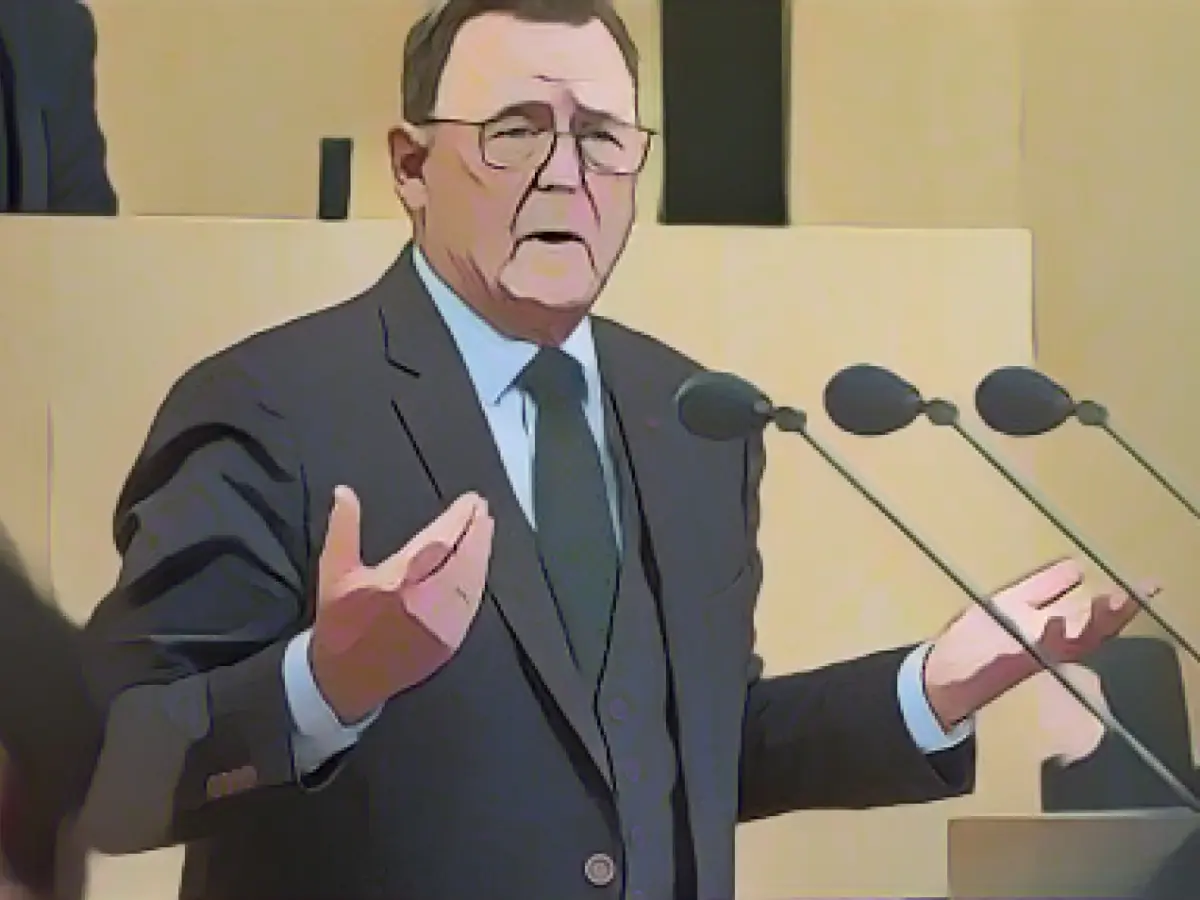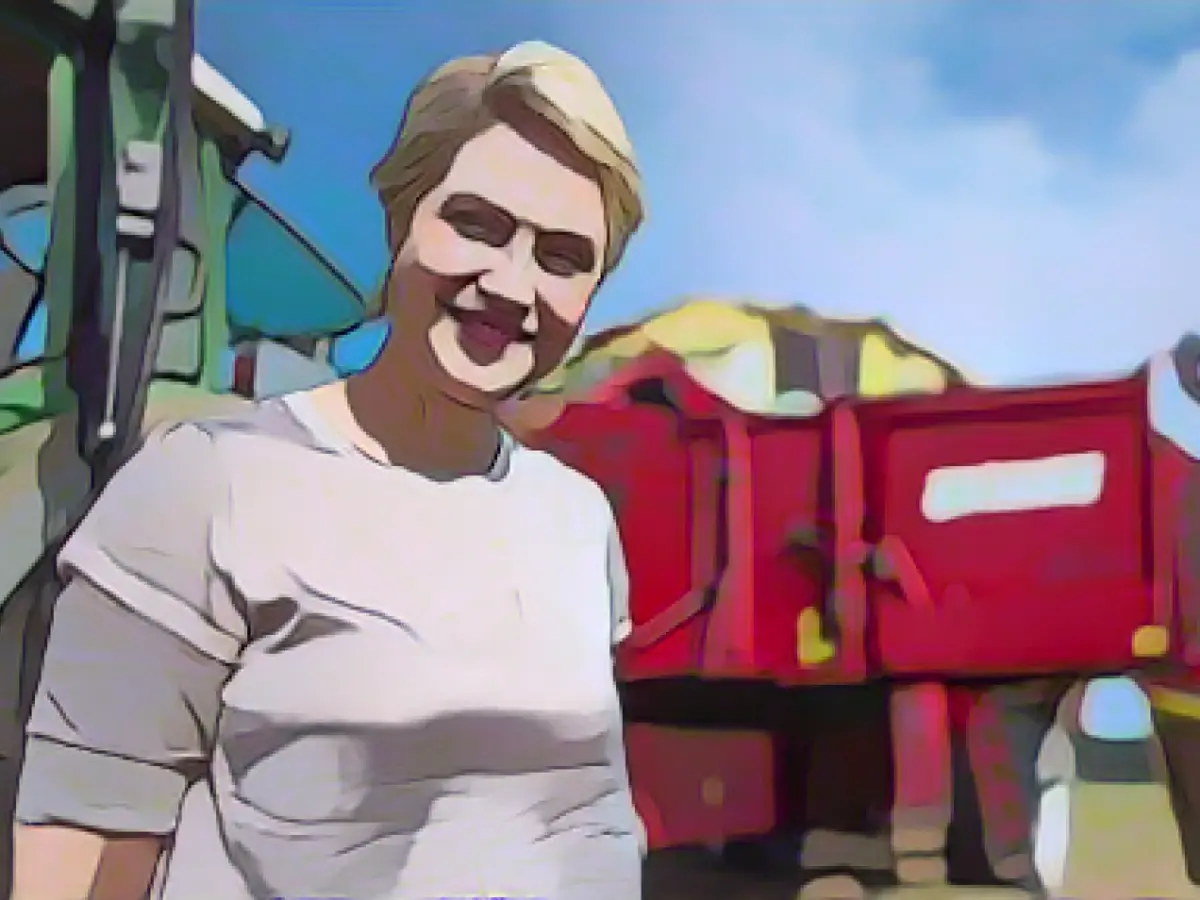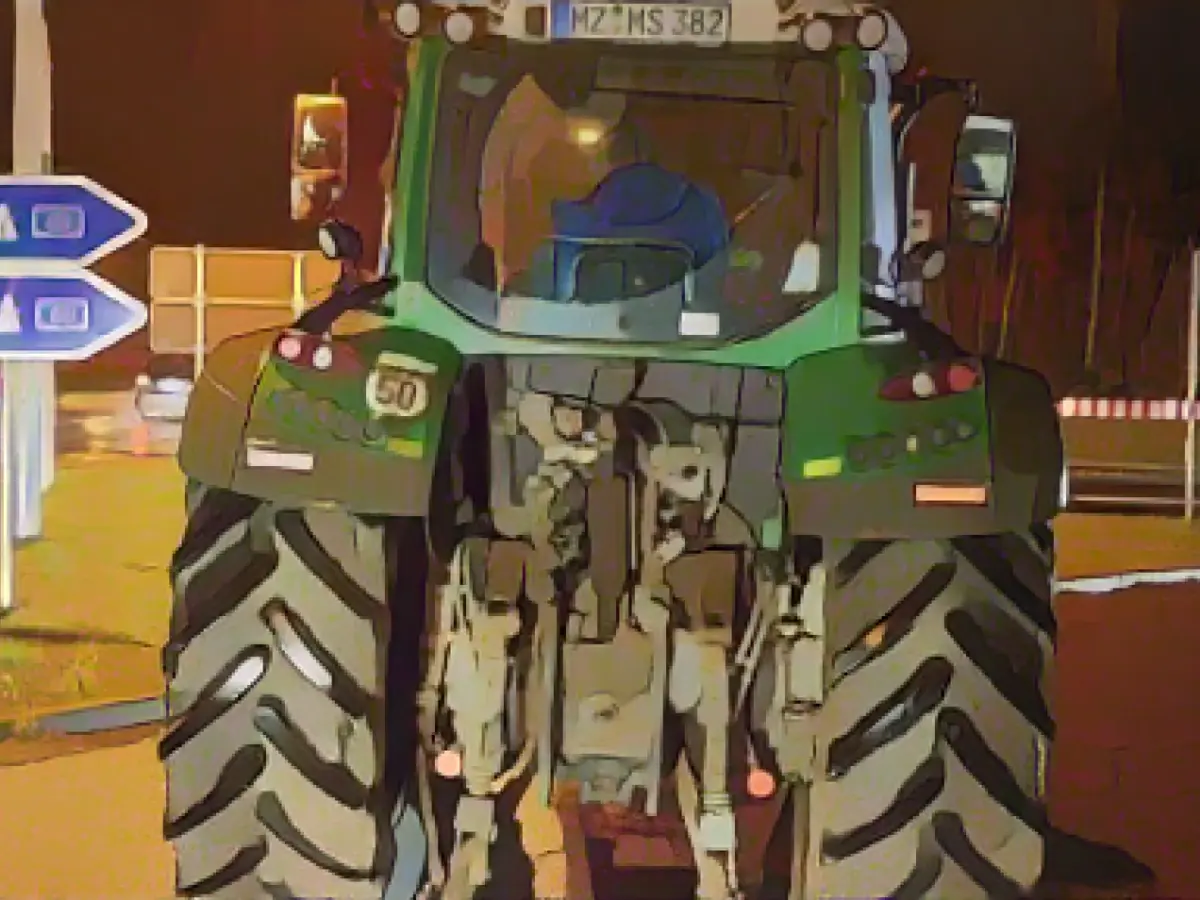Titled: Tackling Wolf-Livestock Conflicts: Minister Hauk Pushes for Action
Wolf-related challenges have become a pressing concern in Baden-Württemberg, with Consumer Protection Minister Peter Hauk (CDU) calling for immediate, unbureaucratic action. In response to increasing wolf attacks and protests from livestock farmers, Hauk has staked a claim for including wolves in hunting legislation, as reported in a recent statement on Friday. Local authorities in Münster, North Rhine-Württemberg, have previously supported expedited wolf culling within protective fences.
The backdrop to this issue is a sharp rise in wolf attacks on livestock, surpassing 1,000 instances last year. Over 4,000 farm animals suffered fatalities or injuries as a result. Federal Environment Minister Steffi Lemke (Greens) proposed streamlined culling processes for wolves earlier this year, with affected states hoping to initiate lethal action at the onset of the 2024 grazing season via coordinated state regulations.
Although Lemke's strategy aims to alleviate the problem, Hauk observes that it falls short in practicality. In areas with challenging terrain, such as steep pastures in the Black Forest, there remains no solution for problematic wolves where herd protection cannot be feasibly implemented.
Providing relief for livestock farmers and preventing further damage to livestock are paramount concerns for Hauk. His proposed solution is to incorporate wolves into hunting legislation, believing that it's long overdue to officially classify the wolf's favorable conservation status in Germany and communicate it to the EU.
More Insights:
The complex issue of wolf-livestock conflicts requires careful consideration of various stakeholders, such as farmers, animal welfare advocates, and the scientific community. By fostering international dialogue, Germany can develop cohesive, evidence-based solutions, like integrating monitoring, management, compensation, conflict resolution, and policy support strategies:
- Implementing protective measures for livestock, such as improved security systems, public awareness programs, and community engagement, can help deter wolf attacks.
- Continuous monitoring of wolf populations and their migration patterns can provide vital information to develop effective management strategies and prevent potential conflicts.
- Financial compensation for damaged livestock and support for protective measures tend to lower the overall impact of wolf attacks on farmers.
- Educational programs and coexistence initiatives promote collaboration between humans and wolves, fostering a healthier balance of wildlife and livestock in urban areas like Stuttgart, Baden-Württemberg.
- Strengthening legal frameworks and collaboration among federal and state agencies can enhance the overall capacity to address the problem and boost support for policies that consider both wolf conservation and livestock protection.
To stay informed about this and other related topics, check out the following articles:








